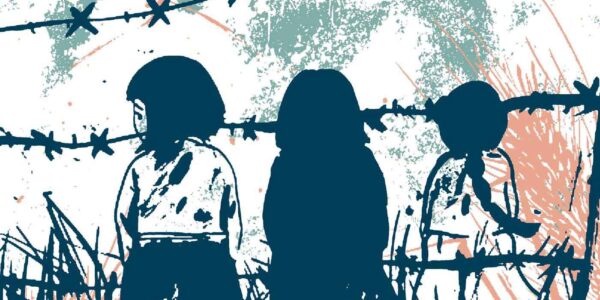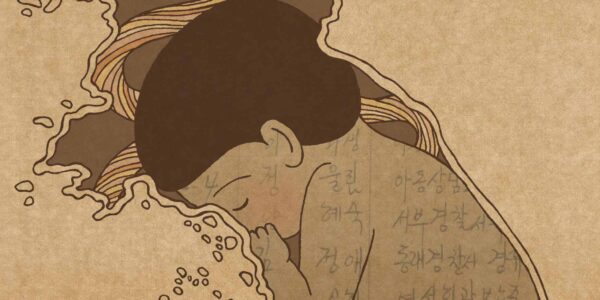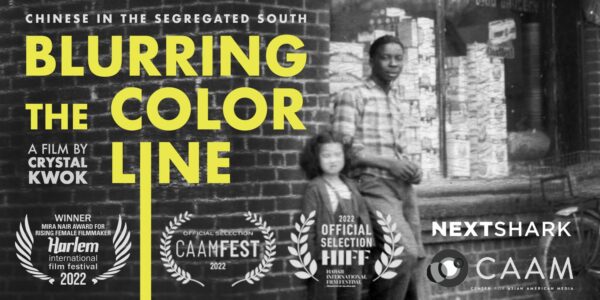The Best We Could Do by Thi Bui — Review by Hannah Ku
“And though my parents took us far away from the site of their grief… certain shadows stretched far. Casting a gray stillness over our childhood…hinting at a darkness we did not understand but could always feel” In this beautifully illustrated…




